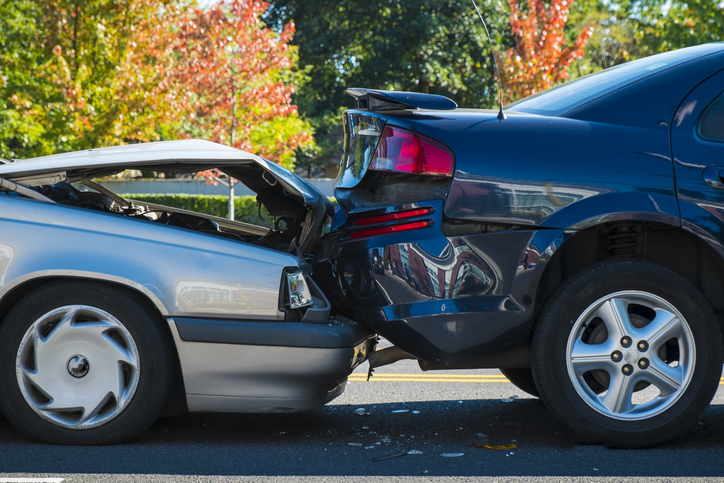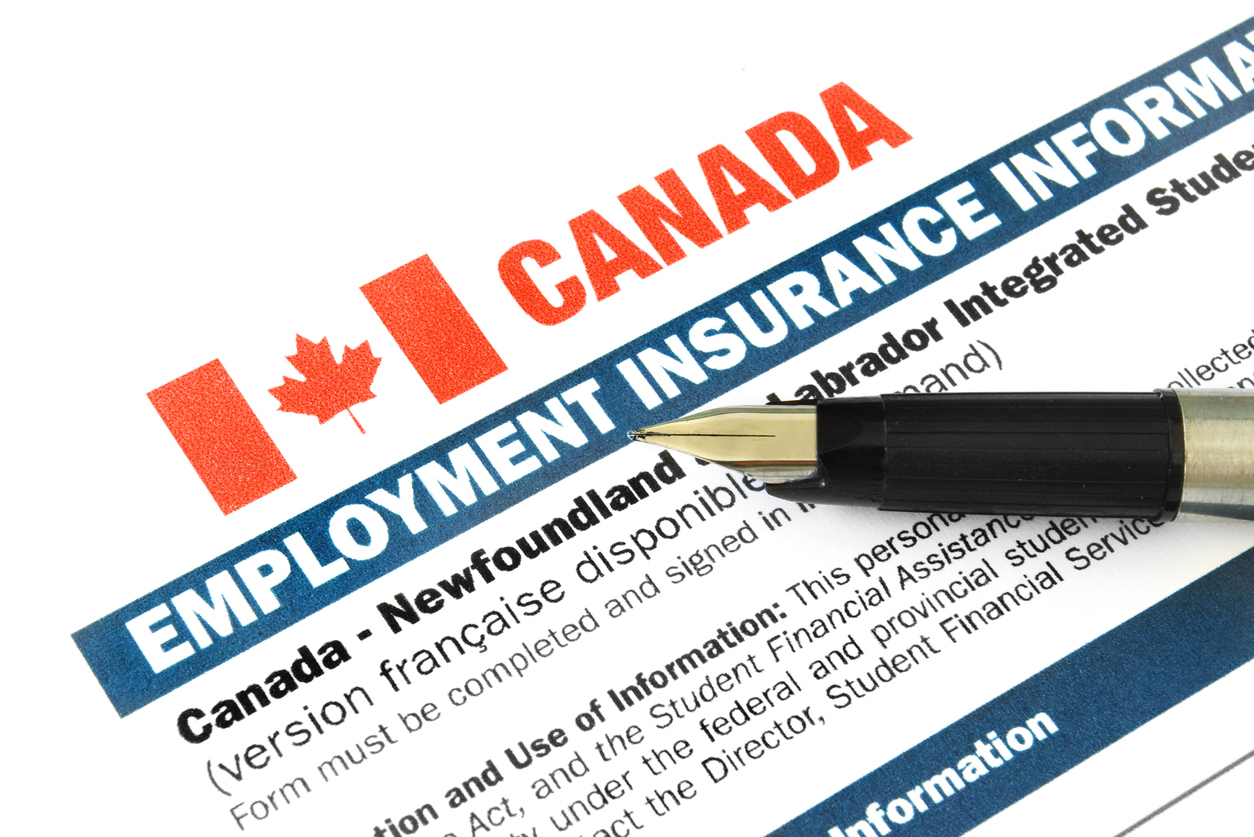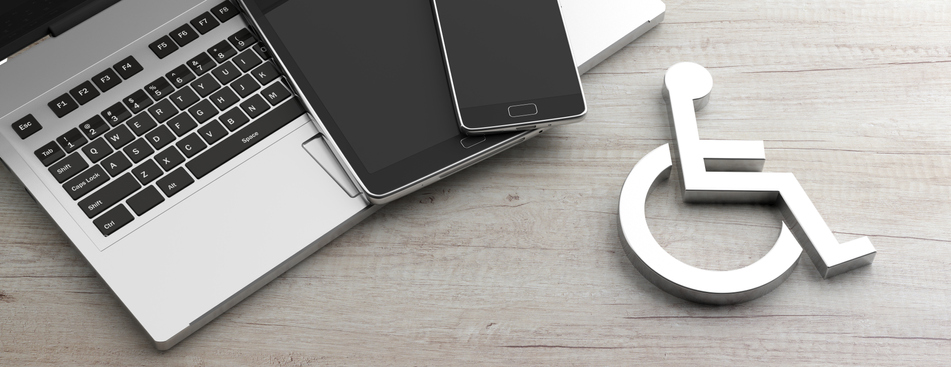Living with Chronic Pain
6 Tips for a Successful Return to Work After a Motor Vehicle Accident

Do you find this helpful
Print
Share
Save
Each year, approximately 20‒50 million people worldwide are injured in motor vehicle accidents. Serious injuries can occur as a result of a motor vehicle accident, such as whiplash, concussions, fractures, and back injuries. In some cases, time off work during recovery is required.
Returning to work after a motor vehicle accident may present new challenges, including increased pain, difficulty with work productivity or performance, and emotional issues.
Six tips for a successful return to work after a motor vehicle accident include the following:
- Avoid returning to work too soon. Rest is often an essential part of recovery from injuries sustained in motor vehicle accidents, especially concussions or other traumatic brain injuries. Limiting both physical and mental exertion is often needed. Working with a medical professional to determine when it is appropriate to return to work is advised.
- Develop strategies to minimize pain and increase work productivity. When an individual returns to work after sustaining an injury from a motor vehicle accident, they often need to adjust their work environment or habits. For example, standing at a desk may be more comfortable than sitting for long periods, and taking a short break every hour to walk or stretch may help prevent stiffness and pain. Employers may provide flexibility with work hours or allow the individual to work from home to help reduce their pain and maximize their productivity.
- Prioritize tasks. When first returning to the workplace, the amount of work that needs attention can feel overwhelming. Tasks should be prioritized to ensure the most important work is completed first. Dividing large tasks into smaller tasks and spreading them out over time can also be beneficial.
- Consider sharing with colleagues. Coworkers are often a valuable support system. If an individual feels comfortable sharing their experience with colleagues, they can provide emotional support and assist with difficult tasks when needed.
- Keep up with recommended exercises. A physical therapist or other medical professional may suggest certain exercises to strengthen injured or weak muscles, which can reduce pain and improve the ability to work. If physical therapy is recommended by a physician, attending the physical therapy appointments and completing suggested at-home exercises is essential for a proper recovery.
- If needed, seek help from a mental health professional. Motor vehicle accidents are traumatic events that can cause long-term stress, which may negatively impact work performance, mental health, and relationships. Mental health professionals can help individuals work through the traumatic event. Relaxation techniques, such as meditation or deep breathing techniques, can also be beneficial.
Additional sources used to create this article include World Health Organization and BMC Public Health.


















